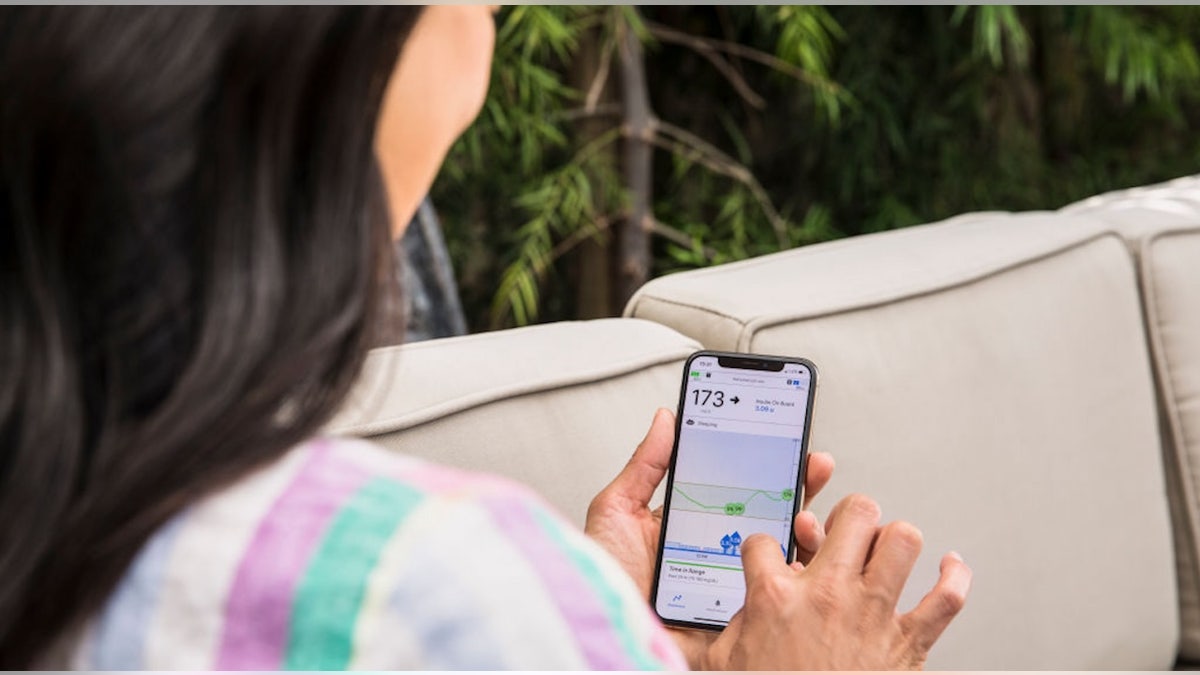Maintaining healthy blood sugar levels is crucial for individuals with diabetes to avoid complications such as kidney issues and vision loss. Emerging research suggests that blood sugar management may also play a significant role in brain health and potentially reduce the risk of dementia. A recent study in the Journal of Diabetes Science and Technology explores the potential connection between continuous glucose monitors (CGMs) and a lowered dementia risk.
CGMs are small, wearable devices that continuously track blood sugar levels and transmit the data to a smartphone, eliminating the need for frequent finger-prick tests. While traditionally used by individuals with diabetes, especially those with type 1 diabetes who require insulin, the potential benefits of CGMs for brain health are now being investigated.

Experts like Dr. Michael S. Okun, medical advisor to the Parkinson’s Foundation, highlight the growing body of research linking blood glucose levels to cognitive health and dementia. He notes that a steady glucose supply can enhance brain function. However, the widespread adoption of CGMs for dementia prevention faces challenges, including cost, caregiver training and data interpretation for real-time decision-making.

Professor Michael Hornberger, a dementia researcher, points out that high blood sugar is a known risk factor for dementia, particularly Alzheimer's and vascular dementia. While the exact mechanism linking high blood sugar and dementia remains unclear, several theories exist, including the impact of insulin production and glucose metabolism on brain function. High blood sugar may also disrupt neuronal activity, potentially leading to cognitive problems.

Further research is needed to confirm the effectiveness of CGMs in reducing dementia risk. While some experts believe CGMs hold promise for reducing dementia progression, others caution that more data is needed before widespread adoption. It's important to note that many risk factors for diabetes, such as obesity and cardiovascular disease, also increase the risk of dementia, making it challenging to isolate the specific impact of blood sugar control.

Several over-the-counter CGMs are now available without a prescription, offering consumers more options for monitoring their blood sugar. However, experts recommend consulting a doctor before using a CGM to assess potential risks and benefits.

Comments(0)
Top Comments